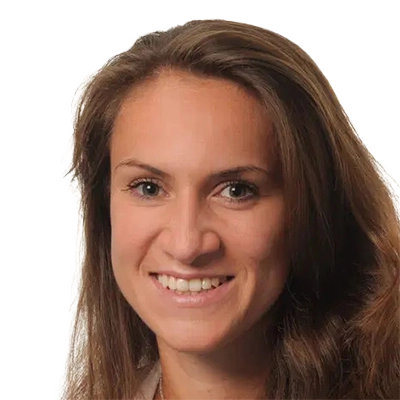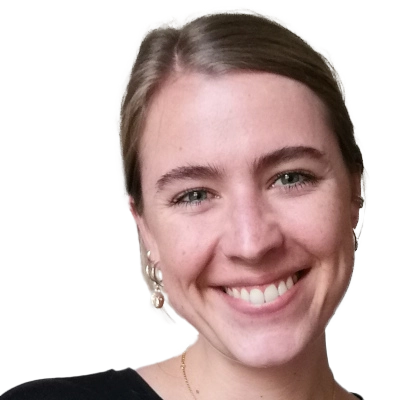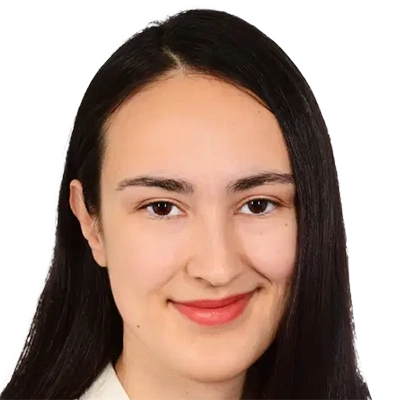Machine Learning Consulting Unit
Empowering Research Through Expert Consulting
Our primary goal is to provide consulting to applied sciences, for example medicine, psychology, biology and others. We aim to provide solutions, that based on our experience and expertise are most suitable to answer the research question at hand.
Consulting is free of charge (ca. 8h per project) for members of the MCML and the LMU. Consulting outside the MCML and LMU is also possible, but needs to be negotiated on a case by case basis. We also welcome joint research projects with the goal of publication and other forms of cooperation.
If you are interested in consulting, please contact us. Our experience shows, that it is advisable to register for consulting as early in the project as possible or even at the planning stage.
Team
Machine Learning Consulting Unit (MLCU)
Statistical Learning and Data Science
Statistical Learning and Data Science
Statistics, Data Science and Machine Learning
Contact
If you are interested in consulting, please register using our webform.
For other request contact mlcu[at]stat.uni-muenchen.de
For statistical consulting also consider contacting the Statistical Consulting Unit (StaBLab).
Recent and Current Projects
Find a selection of projects that resulted from consulting requests in the past
Personality prediction from eye-tracking data
Landmark recognition from satellite imaging
Survival prediction based on radiomics and image data
Classifying neck pain status using scalar and functional biomechanical variables using functional data boosting
Interpretable machine learning models for classifying low back pain status using functional physiological variables
Wildlife image classification
Clinical predictive modeling of post-surgical recovery in individuals with cervical radiculopathy
Automated classification of atmospheric circulation patterns using Deep Learning
Classification of rain types
Clustering of German tourist types
Prediction of sports injuries in football

















